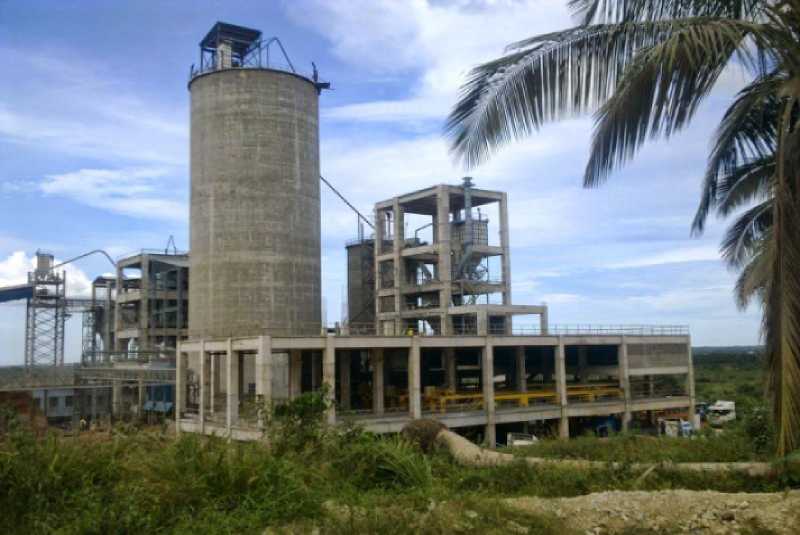×
The Standard e-Paper
Kenya’s Boldest Voice

The ability of cement maker Athi River Mining to pay its Sh14 billion debt has been cast in doubt after a South African rating agency downgraded its credit status to junk.
Global Credit Ratings (GCR) downgraded ARM on Friday last week to default status of DD over both its long-term and short-term loans.